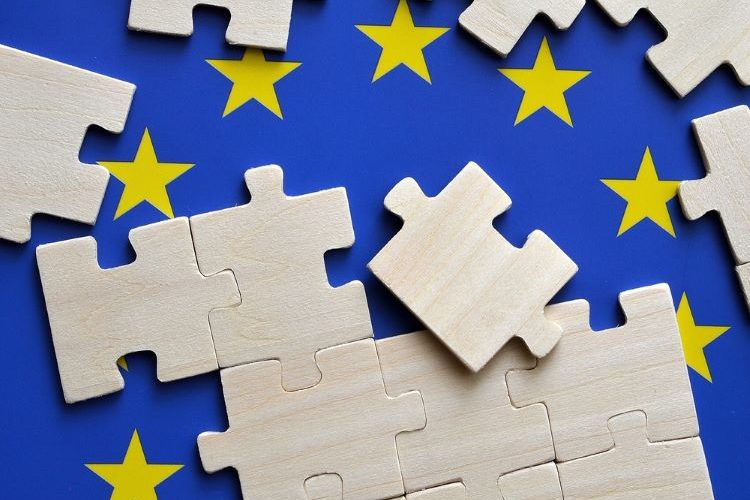New regulatory relief to benefit Europe’s pharma SMEs
Posted: 13 September 2023 | Catherine Eckford (European Pharmaceutical Review) | No comments yet
To support small and medium-sized enterprises (SMEs) in the current economic climate, newly proposed measures aim to provide short-term relief, increase long-term competitiveness, and improve equality in the business environment across the Single Market.


As small and medium-sized enterprises (SMEs) often face unfair competition when doing business in Europe, through the (SME) Relief Communication, the European Commission (EC) has proposed new measures to provide short-term relief, boost long-term competitiveness, and improve equality in the business environment across the Single Market in Europe.
This move will help address the needs of Europe’s SMEs in the current economic environment.
Non-legislative measures proposed by the SME Relief Communication include:
- Improve the current regulatory environment for SMEs by building on the successful first full year of application of the ‘one in one out principle’ (€7.3 billion net cost savings), improving the application of the SME Test. The Commission will also promote the use of regulatory sandboxes to foster SMEs’ experimentation and innovation.
- Simplify administrative procedures and reporting requirements for SMEs by launching the Once-Only Technical System (part of the Single Digital Gateway) by the end of 2023. This will allow these firms to complete administrative procedures across the Single Market without needing to re-submit documents. Moreover, the Commission will build on the initial steps taken before the summer towards the 25 percent reduction in reporting obligations announced in March 2023.
- Boost investments available for SMEs, for example, ensuring that part of the proposed €7.5 billion EU guarantee under a new dedicated Strategic Technologies for Europe Platform (STEP) window of InvestEU is also available for SMEs. A simple and standardised methodology will support SMEs in reporting on sustainability topics, thereby facilitating access to sustainable finance.
- Continuing to support employee training actions provided by for instance, the Large Skills Partnerships under the European Pact for Skills to match skills with the needs of SMEs from the European labour market.
- Support SMEs’ growth by reviewing, by the end of 2023, the current SME definition thresholds and developing a harmonised definition and potentially adapting certain obligations for small mid-cap companies to unleash their full economic potential.
Head Office Tax System for small and medium-sized enterprises
Also, the establishment of a Directive a Head Office Tax System for SMEs will grant SMEs operating cross-border through permanent establishments the choice to only deal with the Head Office tax administration, instead of having to comply with multiple tax systems.
This Directive will increase tax certainty and fairness, reduce compliance costs, while reducing the risk of double and over taxation and tax disputes. The anticipated decline in compliance costs facilitate investment and cross-border expansion in the EU. For these companies operating in different Member States, they will be able to fully maximise the freedom of establishment and the free movement of capital without experiencing unnecessary tax related obstacles.
Late payments in commercial transactions
Alongside these initiatives, the Commission is publishing new proposals for a Regulation on late payments in commercial transactions. According to the EC, the recent SME performance report established that SME value added for 2023 is still forecast to stay at 3.6 percent. This is compared to 1.8 percent for large enterprises, which is lower than its 2019 level. The new rules will repeal the 2011 Directive on late payments and will replace it with a Regulation.
A new, stricter maximum payment limit of 30 days removes ambiguities and addresses the legal gaps in the current Directive, according to the EC.
Overall, the new rules will “ensure small businesses are paid in due time, [help to reduce] paperwork and to simplify taxes… Access to talent and finance will also help SME’s to get more digital and greener,” stated Věra Jourová, European Commission Vice-President for Values.
Related topics
Biopharmaceuticals, business news, Drug Development, Drug Manufacturing, Funding, Industry Insight, investment, Manufacturing, Regulation & Legislation, Research & Development (R&D), Therapeutics









